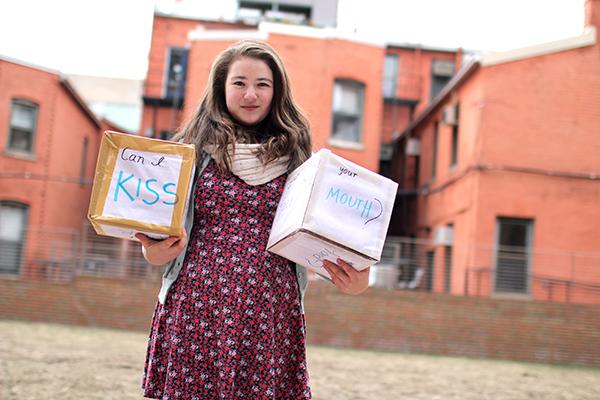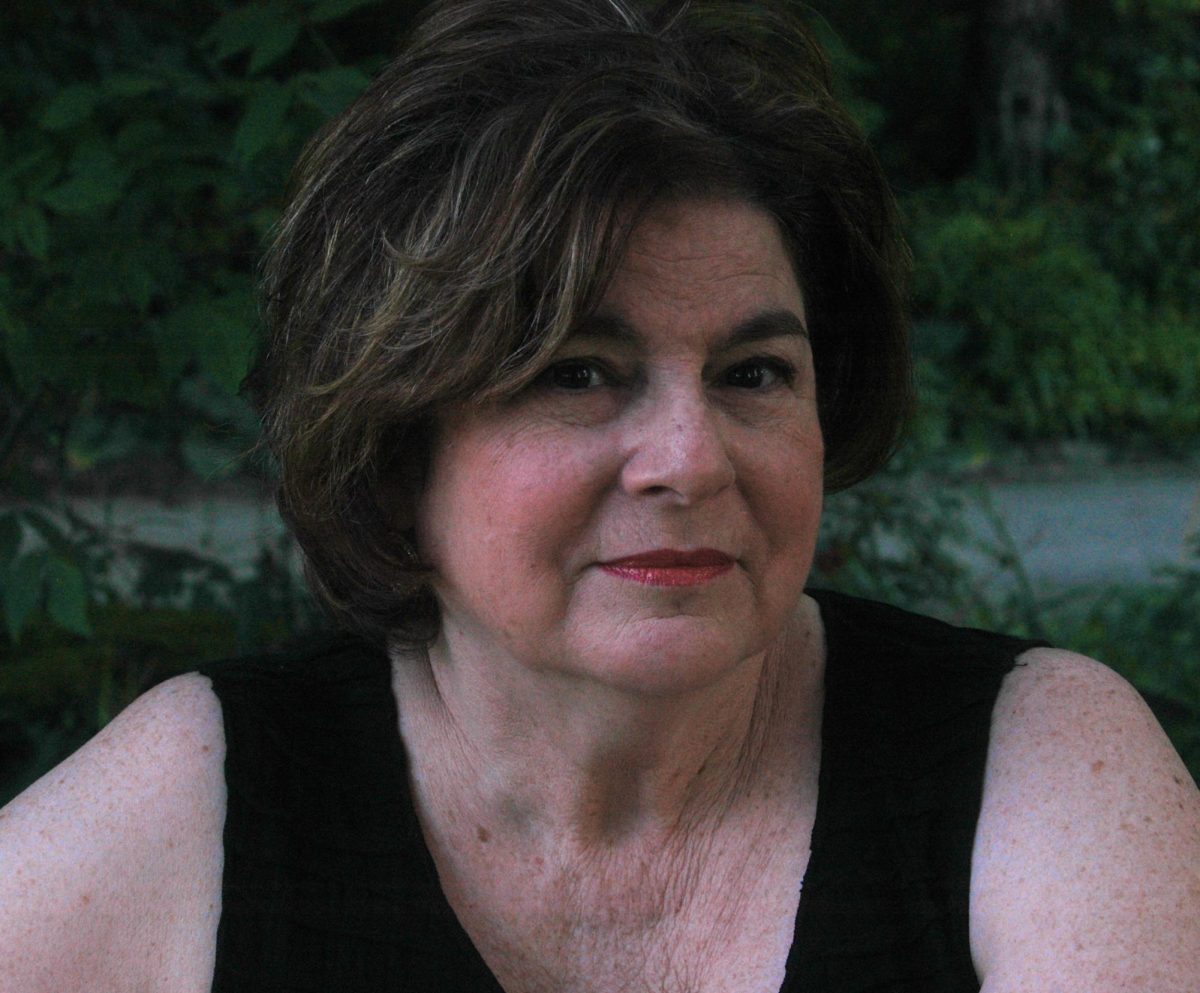Updated: Feb. 15, 2015 at 10:52 a.m.
Students Against Sexual Assault wants you to help make GW a sex positive campus.
Executive board members Ariella Neckritz and Laura Zillman said the organization holds regular sessions to teach students not to shy away from conversations about sexuality and boundaries, but rather to have strong communication that makes partners feel comfortable.
You may be wondering what that entails. So were we.
The Hatchet sat down with both members to talk about how GW can create a more open campus culture around sex.
What does ‘sex positive’ mean to you?
Laura Zillman: A positive sex culture places utmost importance on consensual sexual activity, and maintains the importance of healthy communication in all relationships. The culture applies to both words and actions.
Which community groups do you work with, and what topics do your workshops address?
Ariella Neckritz: We try to do outreach to as many communities on campus, whether it’s partnering with fraternities to participate in “Walk a Mile in Her Shoes” or “Take Back the Night,” to a workshop coming up with the InterVarsity Christian Fellowship. We think about leadership roles, supporting survivors, changing rape culture and also talking about male survivor experiences.
How do you try to make GW more sex positive?
Ariella Neckritz: SASA promotes sex positivity by offering workshops, tabling and hosting meetings that promote healthy relationships, boundaries and communication. From Cookies and Consent to Yes! The Sex-Positive Consent Celebration, we do outreach to provide space to discuss and educate community members about consent. We try to address victim-blaming and emphasize to students that your sex life belongs to you and is not defined by the judgment of others. We hope to create open discussion on sexuality and advocate for people to take active roles in their relationships, communicating boundaries and respecting partners.
Why is having a sex positive campus important?
Ariella Neckritz: We support a framework of sex positivity that people should be able to make the choices that they want with their bodies. As a group that is advocating against sexual violence, a lot of times people interpret that as we are anti-sexual activity, but really what we are advocating for are safe, healthy, consensual, communicative experiences so people are able to engage in whatever type of activity and are respected.
What are the workshops you offer meant to do?
Laura Zillman: We place a lot of emphasis on consent and healthy communication, not only related to sex but to any relationships in general. Consent is enthusiastic, un-coerced and ongoing – if all of those factors aren’t present before, during and after, whatever is going on is not consensual.
This post was updated to reflect the following correction:
Due to an editing error, an answer did not correspond to the correct question. We regret this error.








